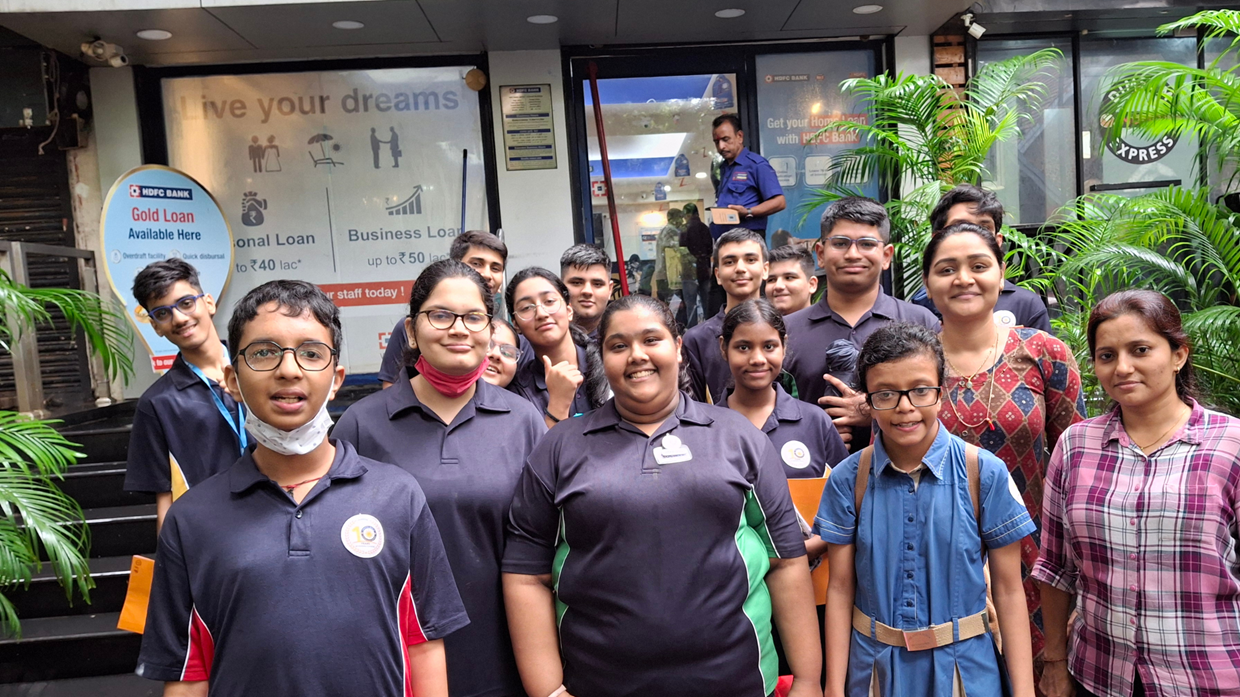

Transition planning is a crucial part of the educational journey for students with learning disabilities, ADHD, and other special needs. As students prepare for life after school, it becomes important to focus on their long-term goals and independence. This article provides an overview of transition planning in India and highlights how special education schools can help students succeed in their post-school lives.
Transition planning is a process that prepares students with disabilities for life after school. It includes setting goals related to further education, employment, and independent living. In India, this is an essential step in helping children with special needs navigate their future with confidence.
For students with learning disabilities or ADHD, early intervention is key. Starting the transition planning process while they are still in school helps identify their strengths, interests, and areas where they need support. This proactive approach gives students more time to work toward their goals.
The IEP is a personalized educational plan that outlines academic goals and provides necessary support. In India, schools that focus on special education design specific IEPs (individualized education programs) based on each student’s needs.
We must introduce students to different career options and vocational training early. Practical experiences such as internships and workshops help them develop skills and explore potential career paths.
Developing life skills like managing finances, cooking, and using public transport ensures that students can handle daily responsibilities independently after school.
Involving parents, schools, and community organizations is vital for a successful transition. Schools must work with local businesses, NGOs, and vocational institutes to provide students with practical experiences.
Every student is unique, and their transition plan should reflect their individual goals and interests. Schools should focus on the student's strengths, helping them achieve realistic and meaningful post-school objectives.
Transition plans should be regularly reviewed and updated based on the student’s progress. In India, continuous monitoring ensures that the plan remains relevant and effective.
For parents looking for the best learning disability school for their child, it is important to consider several factors:
Supportive infrastructure, such as smaller class sizes and dedicated staff for individual attention.
Many special schools in India cater to children with ADHD, offering personalized attention and behavioural support. These schools play an important role in helping children manage their symptoms while also focusing on transition planning. Key benefits of special schools for ADHD include:
In India, various government schemes and NGOs offer support for students with special needs. Programs like the National Institute for Empowerment of Persons with Multiple Disabilities (NIEPMD) and Skill India provide vocational training and employment opportunities. Collaboration with these organizations can help special education schools develop comprehensive transition plans.
Despite the growing awareness, there are still challenges faced by special education students in India:
Transition planning is a key part of helping students with learning disabilities and ADHD in India succeed after school. By focusing on individualized support, collaboration with communities, and early intervention, we can ensure that every student has the chance to lead a fulfilling life beyond the classroom.
Specialized schools play an essential role in this process, offering the right mix of education, life skills, and career guidance. With the right planning, students can step into adulthood and achieve their dreams.
Transition planning is not about preparing for life after school. It's about empowering every student with the tools and skills they need to succeed in the world. By supporting them through personalized education and community partnerships, we can create a brighter future for all students.